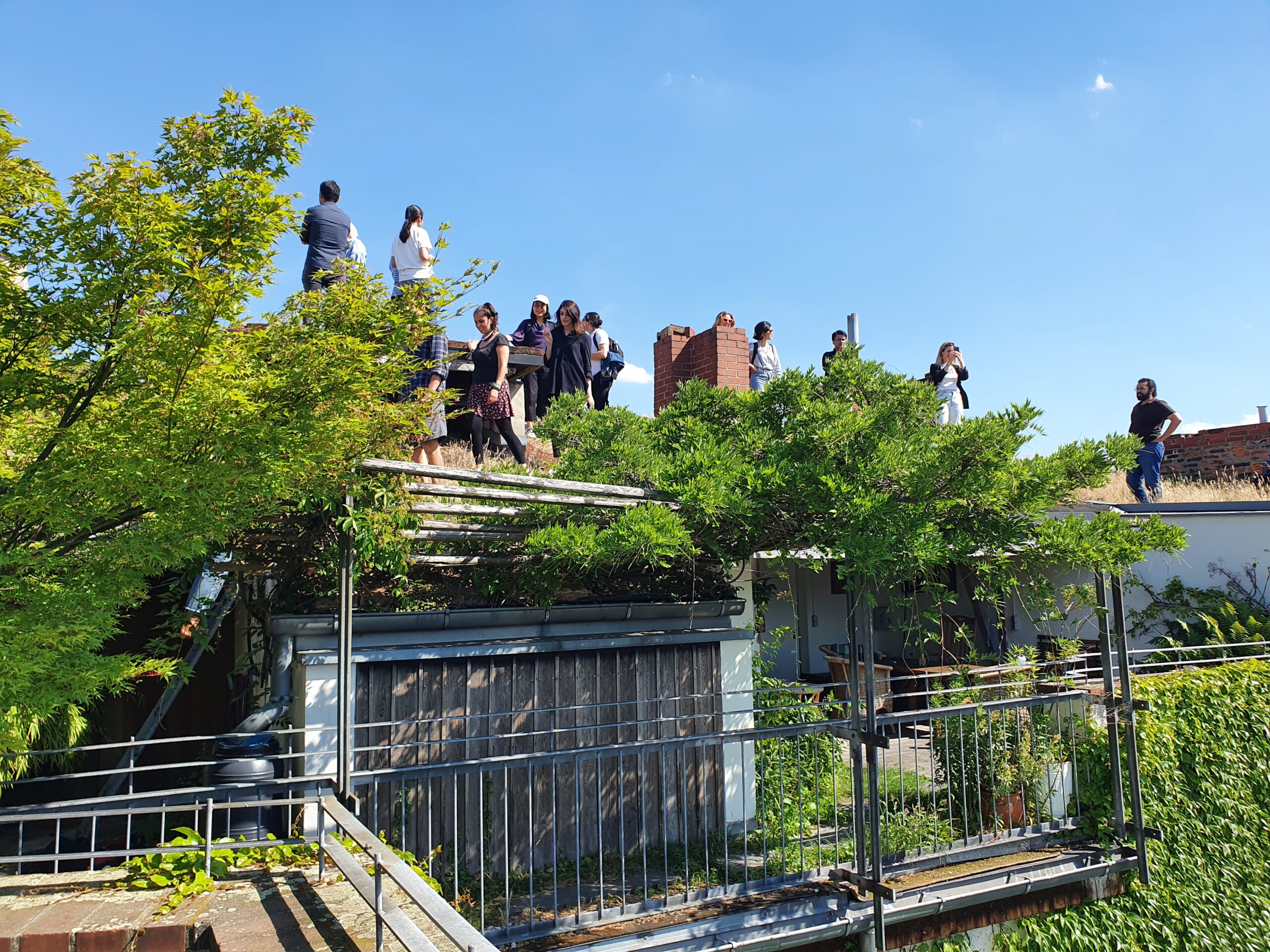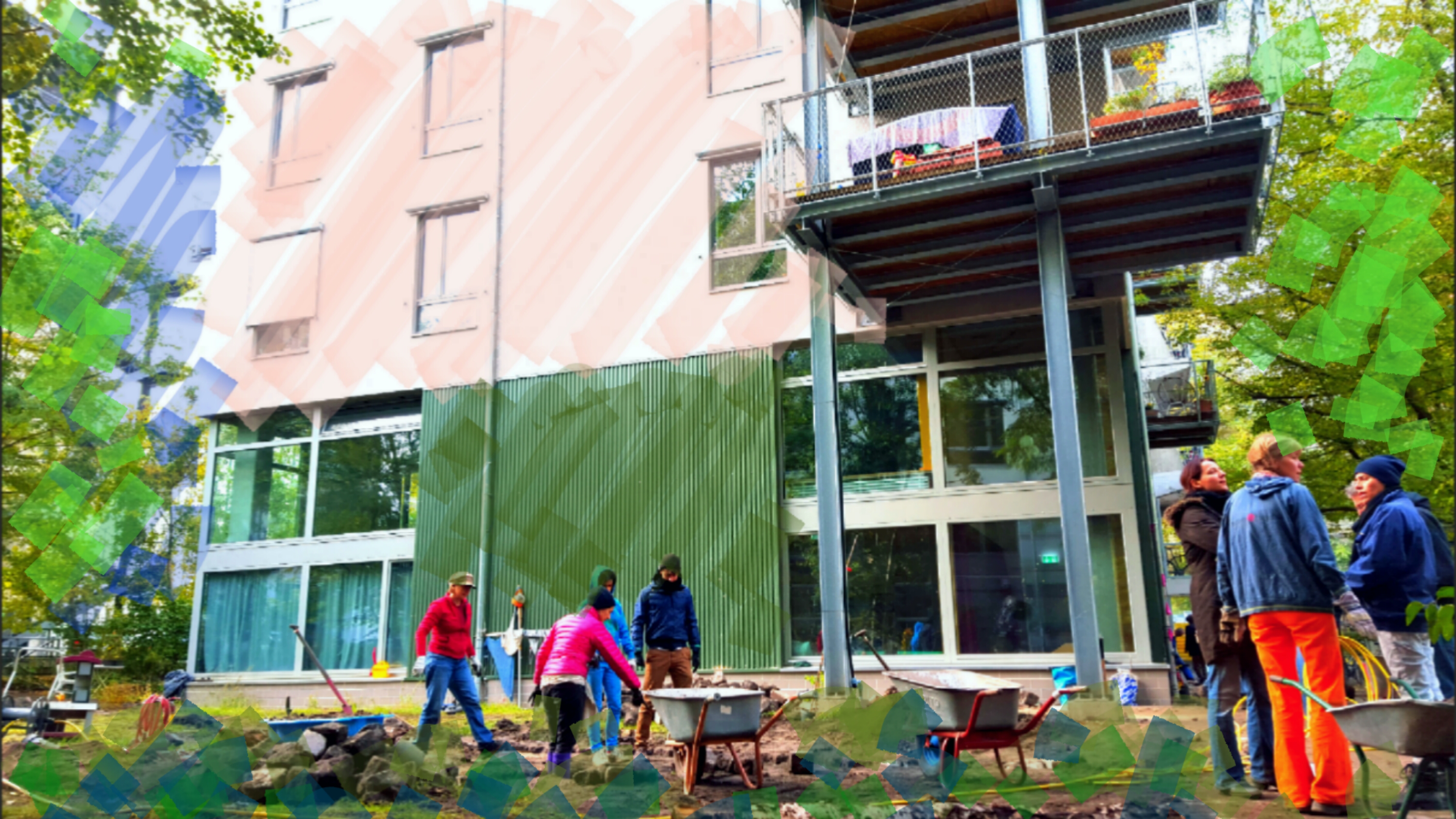Social-Ecological Cooperative Housing – eBook
SOCIAL-ECOLOGICAL COOPERATIVE HOUSING
Community-based, transformative building and living
From land speculation and exploding rents to climate change and social inequality, we find ourselves in an age of overlapping crises. As such, it is more important than ever that we rethink the ways we live and share, as well as our systems of land and property ownership.
CoHousing Inclusive
Self-organized, community-led housing for all. Experimental dwelling forms—CoHousing Cultures—are entering the mainstream. But to what extent are they accessible and affordable for all, including people with more or less money, with or without refugee experience, with or without disabilities? Collaborative, social housing initiatives are already developing such diversifying, sustainable neighborhoods, and are not only supported by civil society, but also increasingly by apartment providers such as cooperatives. This book contains critical reviews of model projects representing a colorful, European movement, complemented with photos and drawings. Short texts argue how political and financial conditions can be improved to better realize collaborative housing. Finally, a range of voices offer unconventional and promising strategies.

